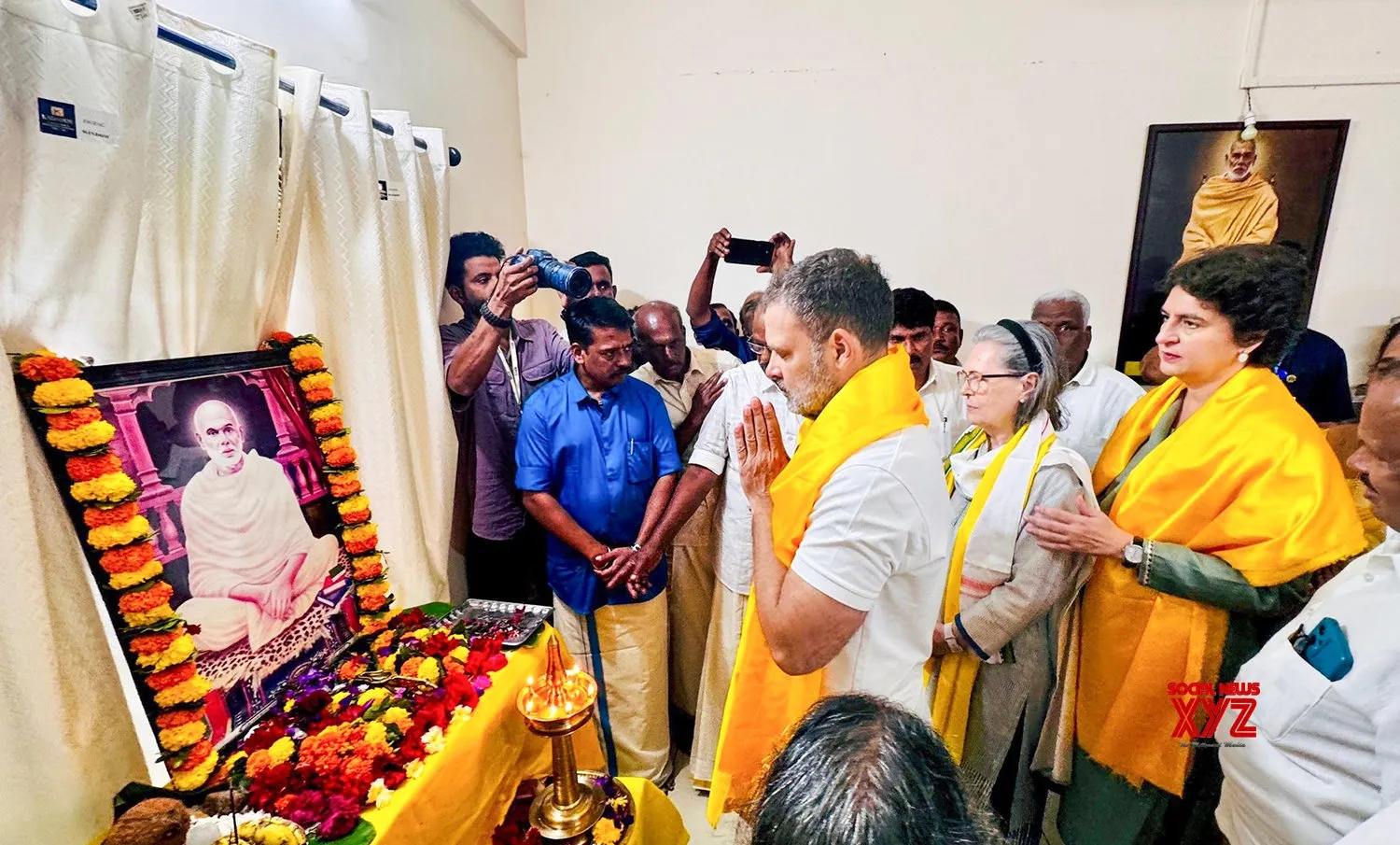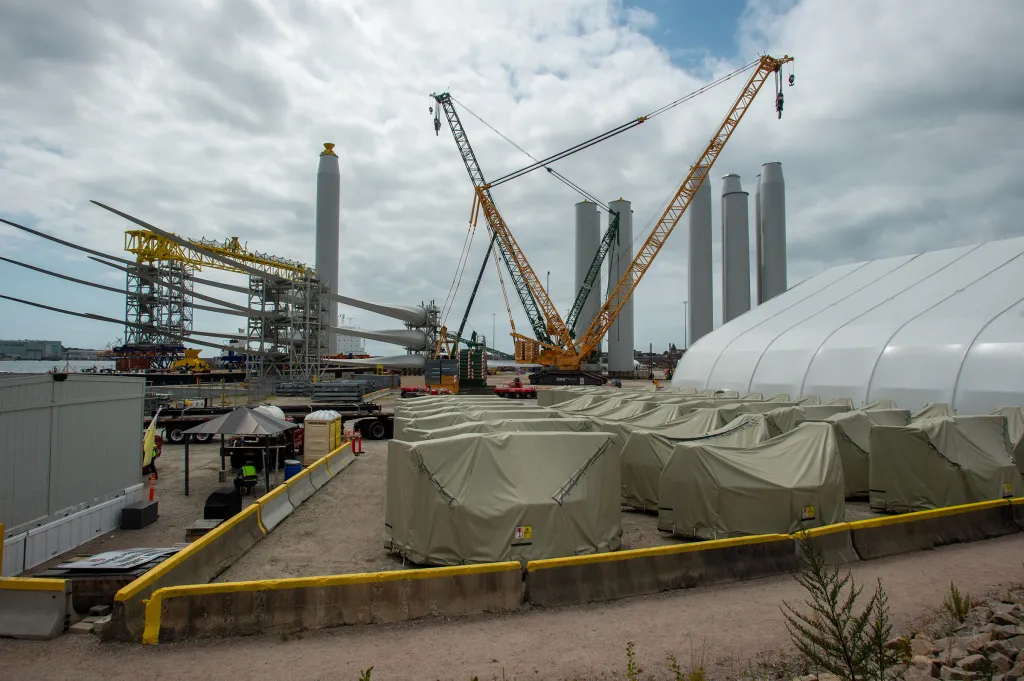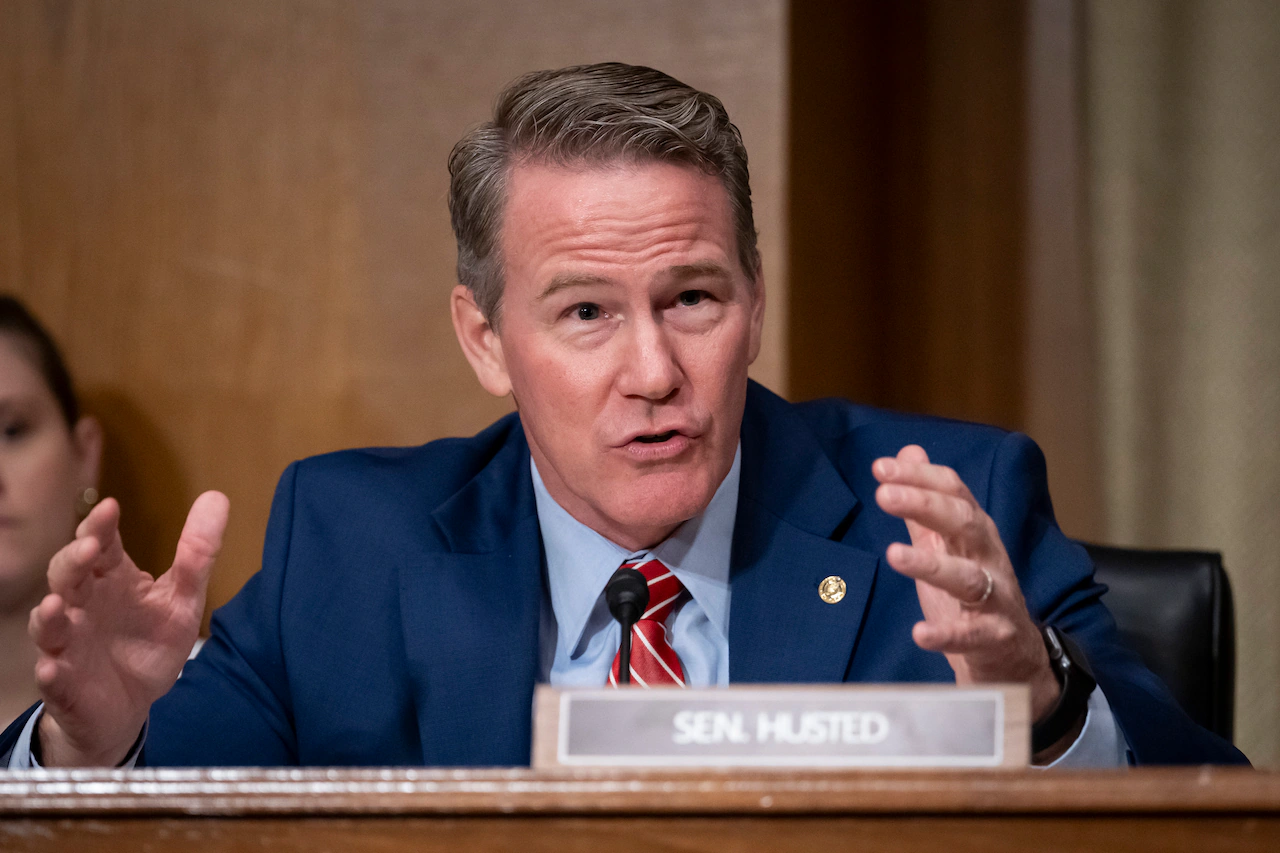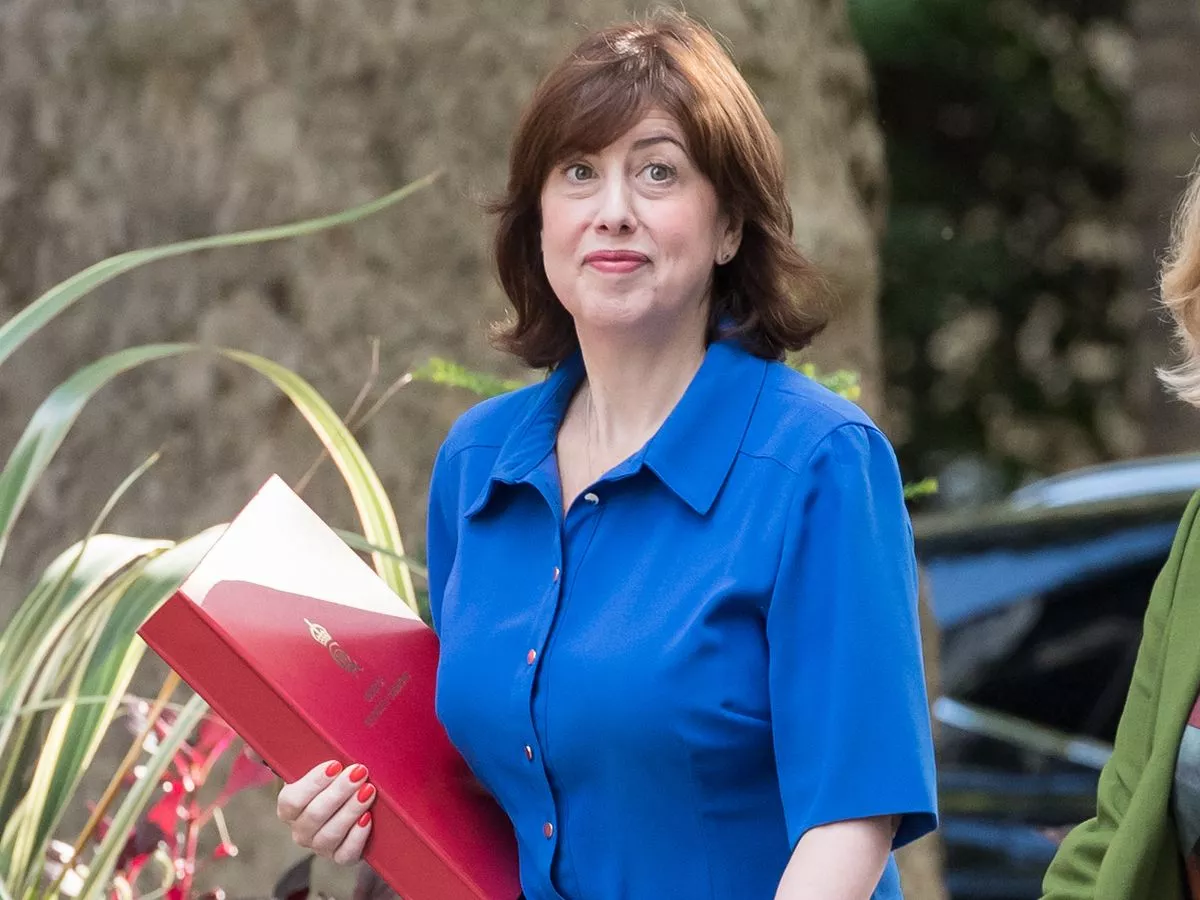By Akintayo Abodunrin
Copyright tribuneonlineng
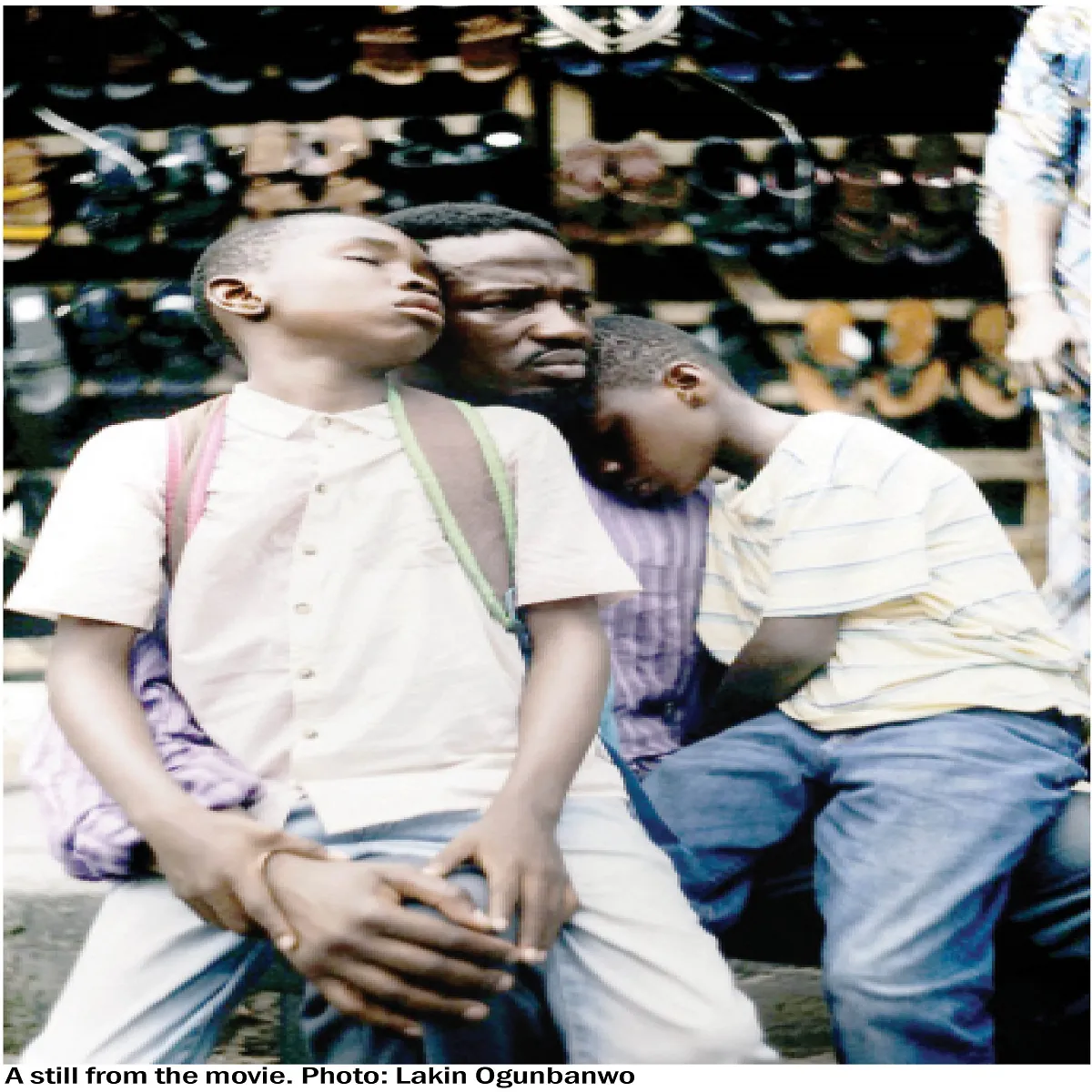
An annulled election collides with a father’s return, and history rewrites a family’s story in the movie My Father’s Shadow.
JUNE 23, 1993, is a landmark date in Nigerian history. It was the day the country’s adjudged freest and fairest election, held just days earlier on June 12, was annulled by the military regime of General Ibrahim Babangida.
While the decision marked a national crisis, it also provides the personal and emotional backdrop for ‘My Father’s Shadow’, a semi-autobiographical film about two brothers, Remi and Akin (played by Chibuike Marvellous Egbo and Godwin Egbo), who embark on a life-changing journey with their estranged father, Folarin (Sope Dirisu).
Written by brothers Akinola and Wale Davies, and directed by Akinola, the film is part history, part memoir, and part family drama. It is an intimate portrait of identity, memory, fatherhood, and nationhood, as well as a vivid cinematic record of a turbulent era in Nigeria.
‘My Father’s Shadow’, which achieved groundbreaking success at Cannes as the first Nigerian feature in the festival’s Official Selection (Un Certain Regard) and received the Caméra d’Or Special Mention, is well worth all the buzz it has generated.
Shot entirely in Nigeria on 16mm film using state-of-the-art technology, and featuring an over 80 per cent Nigerian cast, the movie demonstrates that Nigerian and African creatives can be limitless in their vision. It also affirms that homegrown stories can compete on the world stage without sacrificing their roots.
Produced by Rachel Dargavel for Element Pictures and Funmbi Ogunbanwo for Fatherland Productions, with support from BBC Film, every pivotal scene unfolds on June 23, 1993.
A father’s return
When the boys – Akin and Remi – set out from their remote village (we are not told the name) for Lagos, where they had never visited with their estranged father, who suddenly appeared out of the blue, they wouldn’t have envisaged all the enjoyment, and then the political unrest that threatens their journey home from Nigeria’s former federal capital.
Like most brothers of their age, separated by just a year or two, the boys have a playful, antagonistic, and yet caring relationship with each other. We see them in the opening scene playing in front of their house in the village. They become hungry, and the older one goes to make pap, which they have with milk. The weather becomes windy thereafter, and they fall asleep before hearing movement in the house.
Their absentee father, Folarin, is back, and they are surprised, more so, as their mother is not around. They are shocked by Folarin’s sudden reappearance, who doesn’t explain or apologise for his long absence or returning unannounced.He tells them he must return to Lagos immediately, but wouldn’t leave them alone. He asks them to follow him to Lagos, where they have never been.
However, none of the trio could have imagined what awaited them in Lagos. It was a rare opportunity for bonding, which the boys grabbed, though Akin was a bit unenthusiastic. For just a day, the boys glimpsed the real life and history of Folarin. They came to love and understand him during this eventful trip to Lagos, where they also saw his flaws and weaknesses, including a fondness for a bar lady.
Further, unknown to the boys, their dad is a man under pressure. He is owed four months’ salary at his workplace and is worried there would be a breakdown of law and order connected with the June 12 election. He wants his money before things become rough. Sadly, Folarin is prescient. His fear turned out to be justified.
Lagos in motion
The trip to Lagos is eventful. They first board a bus with inadequate petrol, and then hitch a ride on a truck. In Lagos, the boys quietly watch as men hail their father as ‘Kapo’ or ‘Boss’. They also meet an Uncle, but the man who can get Folarin his money is never around. He is thus under pressure, subdued, and suffering unexplained nosebleeds. While waiting for the man, another of Folarin’s friends suggests he take the boys on a sightseeing tour around Lagos. He takes them to the beach and explains the importance of a man providing for his family, as he is trying to do by getting his unpaid wages. He also goes personal with the boys, telling Remi how he came to be so named after his (Folarin’s) late brother.
Folarin also points out the iconic National Theatre at Iganmu and other exciting sights to the boys who are awed by the sea of individuals they see in Lagos. Folarin doesn’t omit how he fell in love with their mother and how she used to spend her time and money at the national monument before they married.
They later return to the office, but the manager is still not there. They head to a nearby bar to wait further, and it’s here that Folarin has a dalliance with his girlfriend after telling the boys he needs to use the bathroom. But Remi, his oldest son, sees him with the lady.
They are still at the bar when the military government announces the annulment of the June 12 election. Protest and chaos sweep the streets, and Folarin is forced into a desperate race to get his sons back to Ibadan.
Resonance beyond borders
‘My Father’s Shadow’ transcends being a historical drama; it is also a meditation on love, family, and the burden of political uncertainty. Released nationwide on September 19 by FilmOne Entertainment, the film’s Nigerian premiere was hosted at Filmhouse Cinemas IMAX in Lagos, with support from Glenlivet Single Malt Whisky and Guinness Foreign Extra Stout. The event gathered filmmakers, cultural icons, and industry leaders to celebrate the return of a story deeply rooted in Nigerian soil yet recognised on a global stage.
Director Akinola Davies Jr. noted, “I hope that audiences will relate to the same things I love in the film – the family, politics, spirituality, and psychology: trying to navigate all of these aspects in a mid-nineties Nigerian period drama is what helps make this film unique. We’ve tried to make something that is accessible, so that when people watch it, they see a reflection of themselves and experiences that they are familiar with.’
Producer Funmbi Ogunbanwo added, “I am excited for audiences to see Lagos portrayed in this way. Audiences will enjoy the rich tapestry of Nigeria, our people and our language. They will feel the rhythm and the sound of Lagos – the size of Lagos. The journey of these boys with their father through this city ultimately culminates in this rich experience of family.’
